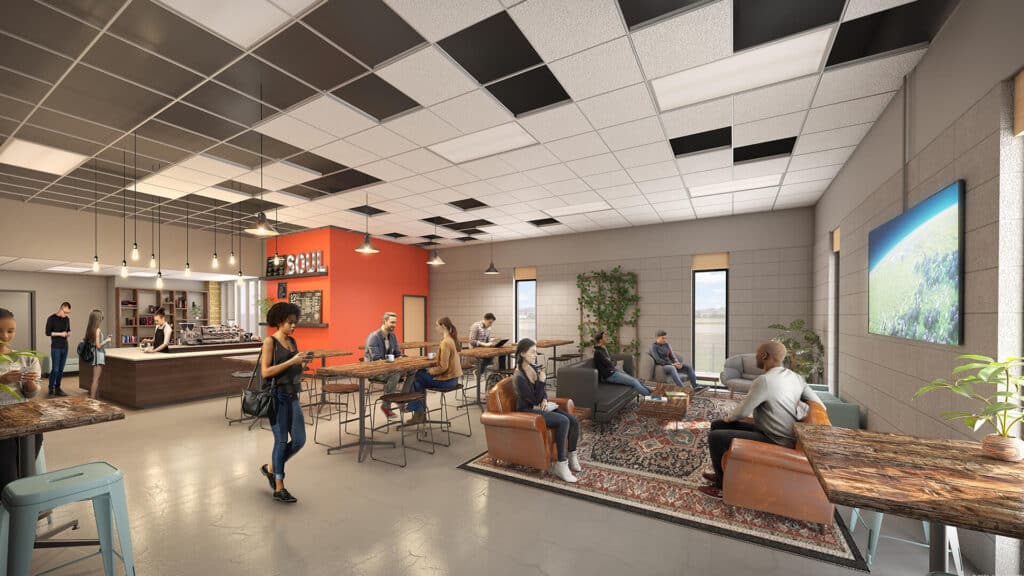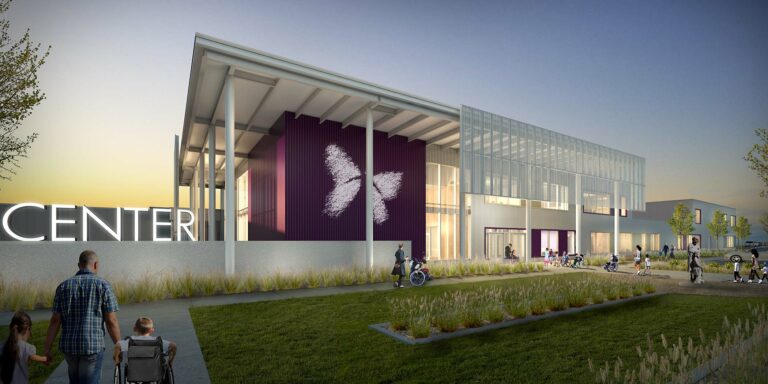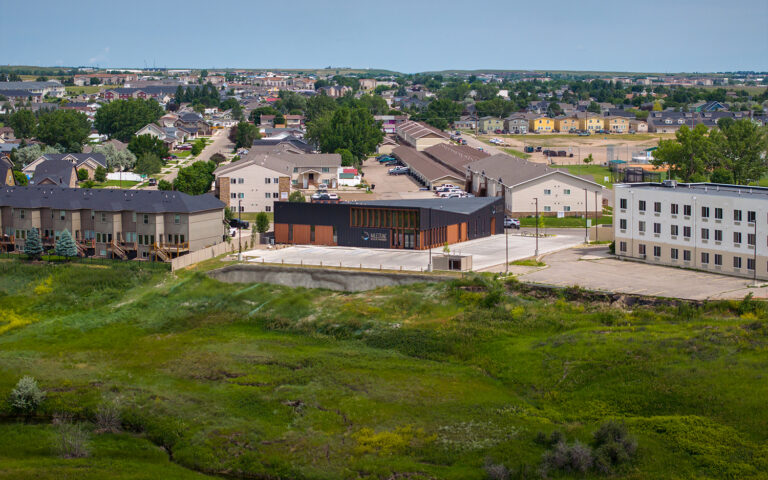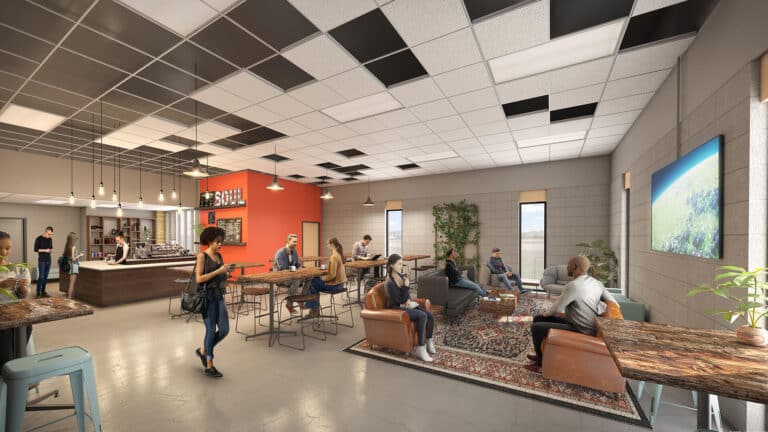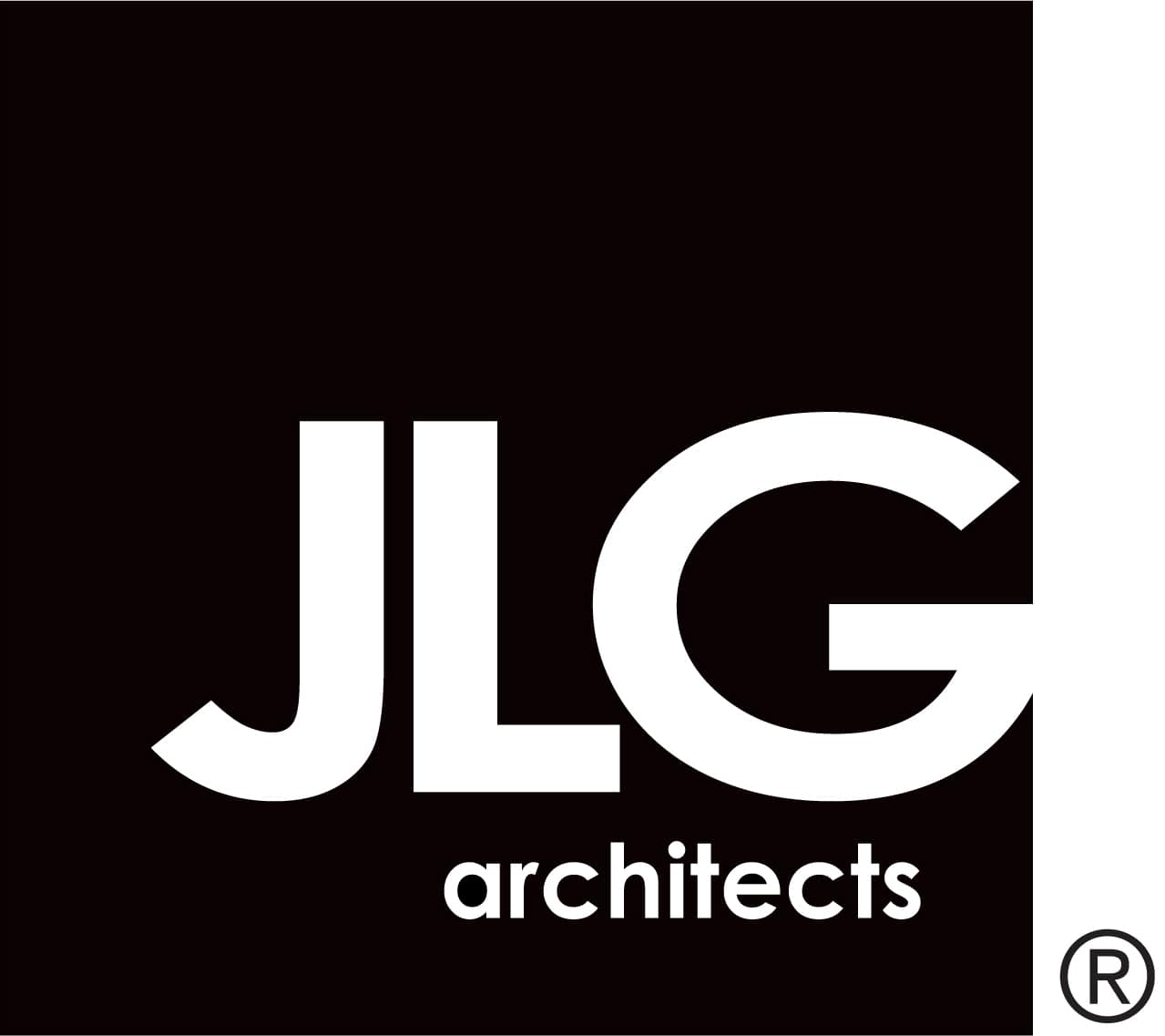As a licensed addiction counselor for 20 years, Patti Senn had grown frustrated with the “revolving door” nature of substance-abuse treatment.
Senn believes it’s a disservice to only treat the acute phase of the disease, without playing a longer-term role in helping clients learn to “do life” without alcohol or another chemical crutch.
“We do good treatment in this community, but it’s a very short period of time when people are in our treatment programs, and they tend to be shorter and shorter,” Senn says. “Then we send them out the door and throw a 12-step meeting list at them and say, ‘Good luck.’ And we wonder why they are back at our doors in a few months or a year.”
Now, after over three years of dreaming big, encountering many starts and stops, and searching for the right partners to support her vision, Senn plans to open Soul Solutions Recovery Center, a combination outpatient treatment program/recovery center/community coffee shop this summer at the site of the former AAA North Dakota building, 1801 38th St. S. in Fargo.
The center will operate on a holistic recovery model, meaning it will focus on every aspect of a person’s wellness, including physical, emotional, spiritual and social aspects.
Soul Solution’s founder also hopes to reduce relapse risk by offering extended support, connection and sense of community for several years following treatment, Senn says. This will include post-treatment recovery checkups to monitor and support clients for five years after treatment.
Most addiction experts agree that the five-year mark is a crucial benchmark in the sobriety journey, marking a point in which recovery is most stable. After five years, less than 15% of recovering people are likely to resort to substance abuse again, Senn says.
Conversely, those with addiction issues are most vulnerable to relapse in the year after they’ve completed treatment, which is why Senn believes short-term treatment with little aftercare is a “penny-wise/pound-foolish” approach to sobriety.
Clinicians talk of a “50/80/90 Rule of Treatment,” which shows 50% of people who complete primary treatment return to using within the first year, and 80% of those do so within the first 90 days of discharge.
As addiction is a chronic, progressive disease based on deeply rooted behaviors, it needs to be treated long-term—much as a cancer survivor continues receiving regular checkups throughout the first five years of treatment, says Senn.
“If we really believe addiction is a disease, we need to treat it like any other chronic disease,” she adds.
Inspiration grew out of tragedy
The loss of Kaspari was a blow to many in the recovery community, including Senn, who viewed him as a friend and mentor. She left First Step a little over two years ago to head addiction services at Southeast Human Service Center in Fargo. But in her down time, she worked on developing a better treatment model.
When Executive Director Brenda Podetz joined the SSRC in January, she brought with her considerable business acumen. Podetz had worked as a CFO for several different businesses and is president of Dakota Business Pros, a firm that provides “back office services support” for small businesses. While Senn contributed the recovery knowledge and an excellent reputation, Podetz provided the connections and business know-how to move the project forward.
Soul Solutions recently signed a lease agreement on the AAA building, which is owned by Alliance Management Group, a property-management company owned by Fargo businessman Rick Berg.
Berg’s Great States Construction also has agreed to renovate the 12,554-square-foot brick building, at no cost, to fit the recovery center’s needs.
Podetz says the 49-year-old brick building is in excellent shape and will suit itself perfectly to their purposes. The structure features two larger areas that can be divided into either large lecture spaces or small treatment-group rooms. “We would like that building full, all the time,” she says.
In addition to office space for 10-12 staff, the treatment center will hold various daytime and evening outpatient groups for clients, all rooted in the evidence-based recovery model used in the Physician Health Programs, a model of treatment for doctors with addiction problems. These programs are among the most successful treatment programs today, due to their emphasis on accountability and long-range support, Senn says.
Also in line with the center’s holistic emphasis, Senn plans to hire a behavioral health expert who can see clients who have dual diagnoses.
Senn plans to hire professionals who can monitor clients’ physical health, including an RN to do new-client intakes and a prescribing medical professional who can help manage patients needing Medication-Assisted Therapies.
Soul Solutions will re-emphasize the importance of family groups – an aspect of treatment that has become less common because of insurance restrictions. Senn knows alcoholism and chemical dependency are “family diseases,” which affect a much larger circle than the addict or alcoholic.
Recovery Center: When treatment ends
According to a Harvard Medical School Special Health Report, two factors that are statistically proven to be most helpful for recovery are long-term support and exercise. Senn and Podetz say the recovery center will provide opportunities for plenty of both.
The center will provide a safe space to practice habits that cultivate spiritual, emotional, social and physical wellness. Senn and Podetz envision classes on yoga, nutrition, stress-release, financial fitness and mindfulness, as well as social events – such as running clubs or Super Bowl parties – where people can learn how to socialize without leaning on a chemical crutch. They even plan to add a pottery studio as a therapeutic, hands-on space for clients.
“We would like to have a place where people can start to rebuild those social connections that don’t include booze anymore. (It’s) just exploring who you are as a person. In addiction, so much of that goes away. It all becomes what you can do with the booze,” says Podetz, who has been in recovery for 26 years.
The location would be a natural fit for 12-step meetings, the women say. This could be a solution for the increased numbers of AA and NA groups that are finding themselves without a home because some churches and public meeting areas have liability concerns, Podetz says.
The center’s coffee shop will be patterned after a recovery-centered coffee shop that Senn visited in Pennsylvania several years ago.
Hope & Coffee will be open to anyone—even to those whose only addiction might be a comfy couch and a good cup of joe. “We want to broaden the framework in which we talk about people recovering in our community,” Senn says. “Everyone is trying to heal or recover from something I believe, so I think there’s a broad range of community members who will find value in what we’re offering.”
A ‘community living room’
In efforts to erase stigma and help newly recovered individuals reconnect to their community, several other features of the center will be open to community members who aren’t in formal recovery.
Soul Solutions will offer meeting areas which can be rented affordably for anything from birthday parties or MOPS meetings to church services or classes for first-time homebuyers.
Podetz likens the center to “a community living room.”
“When you come into our community center, you won’t be able to visually identify who is there for substance use or first-time homebuyer class,” Podetz says. “We want to normalize substance-use disorder, and educate the public on the fact this isn’t a moral failing. This is a physiological illness.”
The place that partnerships built
Senn says several community partnerships helped bring Soul Solutions to life. Dakota Medical Foundation was a fiscal host during the organization’s earliest stages, while Soul Solutions pursued official nonprofit status. Other partners included:
- A First Step alumna, who donated $40,000 to Soul Solutions so they could develop a pro forma.
- JLG Architects, which donated $25,000 in architectural renderings and pre-design services by helping SSRC determine the most cost-effective way to renovate the building.
- The FM Area Foundation, which provided a personal guarantee to help SSRC secure a five-year, $1 million lease with Alliance Property Group.
- Gate City Bank, which approved a $500,000 loan for the recovery center;
- Widmer Roel accounting firm, which is relocating and donated its old office furniture to SSRC.
These gifts and loans, along with money raised through fundraisers, have helped move Soul Solutions much closer to the $900,000 needed to get their operation off the ground in its first year, Podetz says.
So has a groundswell of community support. A number of well-connected people sit on SSRC’s board of directors, including Dr. Barrie March, past medical director for the North Dakota Professional Health Program, which supports and monitors recovering physicians and physician’s assistants, and Board Chair Jane Schuh, a vice president of NDSU’s Office for Research and Creative Activity and sister to the late Michael Kaspari, the man whose life’s work inspired Soul Solutions.
“When Mike passed away unexpectedly in 2017, so many people told me how he had been instrumental in their getting their lives back,” Schuh says. “I heard about how they felt that their lives had been saved … This is going to be really good for our community, and I’m so glad that I get to be a part of this.”
Says Senn: “From the very beginning of this project, there has been overwhelming support and excitement from every person I’ve talked to. This hits home for a lot of people: Virtually no family is untouched by addiction and having a place to support and celebrate recovery is something we believe is important. Our community sees and talks about the impact of addiction on a nearly daily basis. It’s time we bring recovery out into the forefront of our conversations and community as well.”
Soul Solutions will begin holding outpatient treatment sessions in July. A public open house is also scheduled for Oct. 1. To learn more, go to www.soulsolutions.org.
